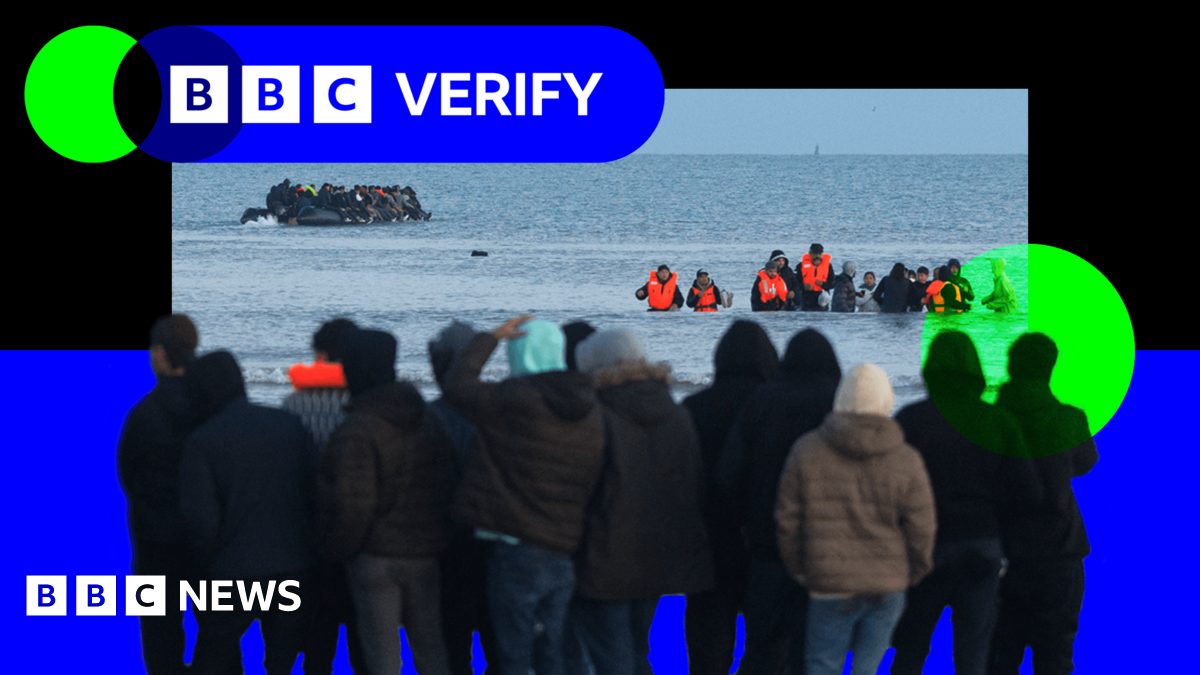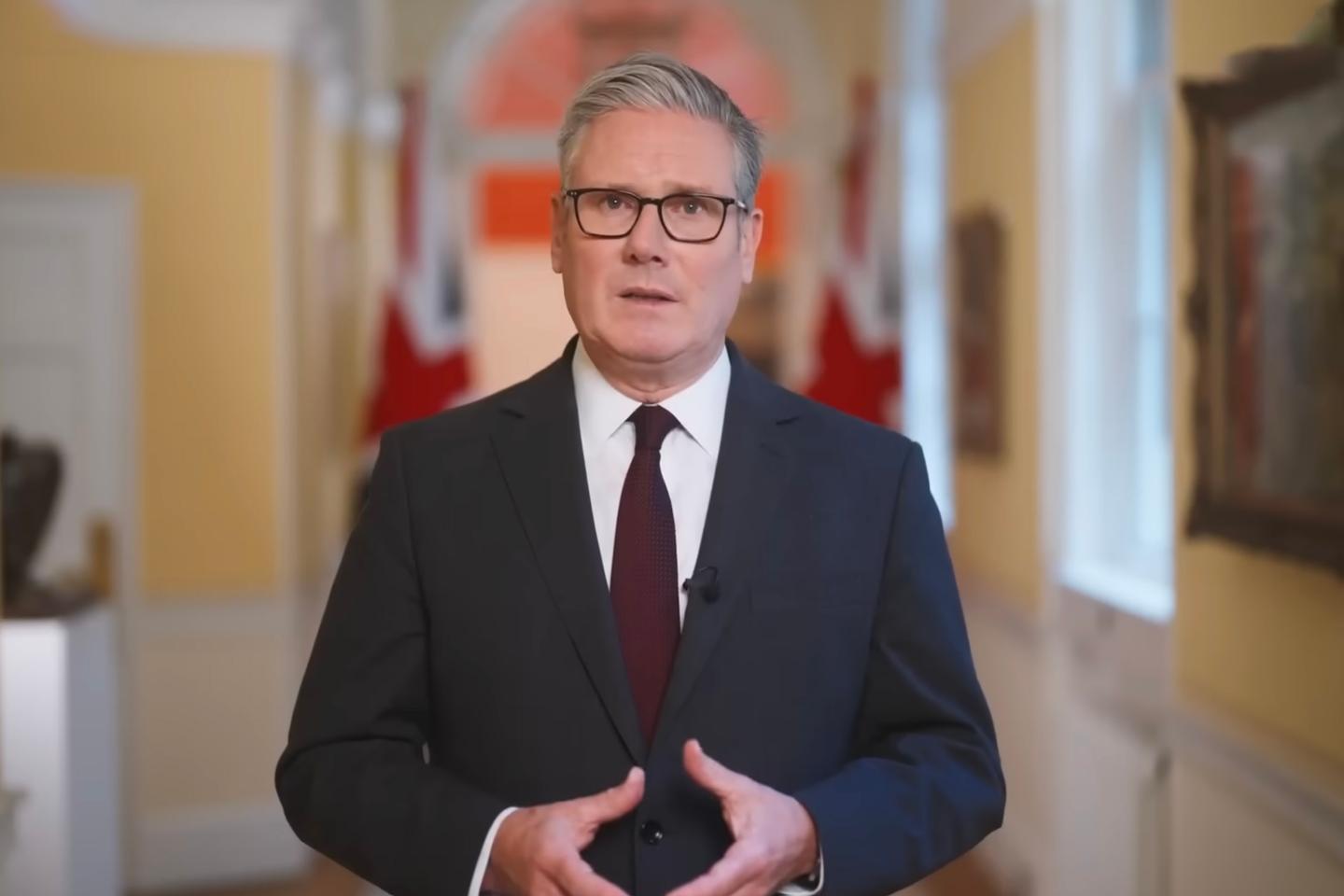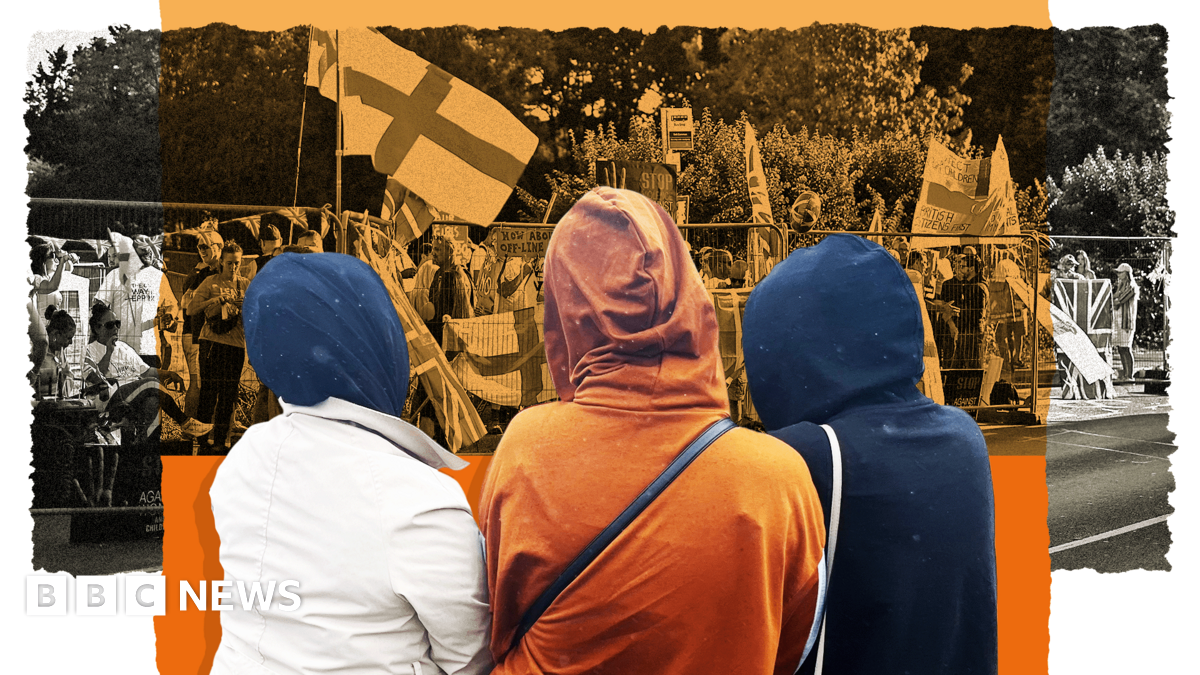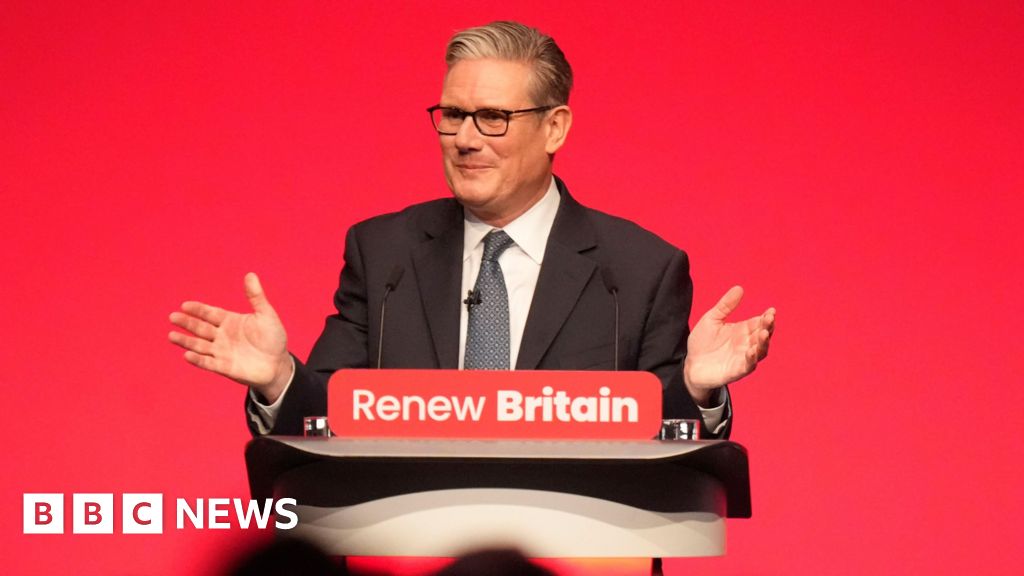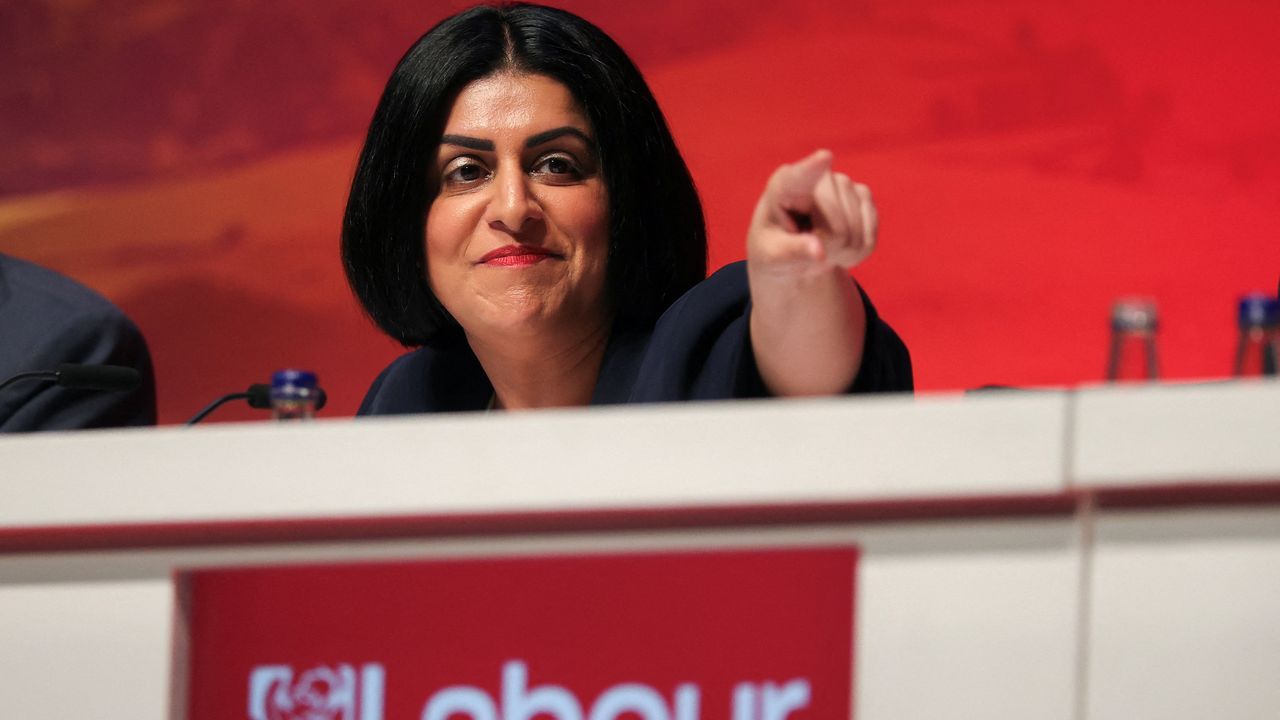Brexit and the Rise in Small Boat Crossings: A Closer Look
Prime Minister Sir Keir Starmer has attributed the increasing number of small boat arrivals in the UK to Brexit, labeling the crossings "Farage boats." He argues that leaving European Union (EU) agreements, which previously facilitated the return of asylum seekers, is partly to blame for the surge.
The Dublin III Regulation and Returns
Before the Brexit vote in 2016, the UK generally returned more asylum seekers to the EU than it received, albeit in relatively small numbers. However, after the referendum, this trend reversed. Starmer specifically pointed to the UK's exit from the Dublin III regulation on January 1, 2021, which allowed for the return of asylum seekers to the first EU country they entered. He claims that Nigel Farage was wrong to suggest that leaving the EU would have no impact, arguing that the current crossings are a direct consequence.
Reform UK has refuted the Prime Minister's claims, accusing him of "spreading complete misinformation." They assert that the Dublin regulation actually made the UK a "net recipient of asylum seekers" and did not simplify the process of returning individuals to other EU countries. While the UK did become a net recipient between the 2016 vote and the end of 2020, prior to the referendum, the UK transferred more people than it received.
Numbers and the Impact of Leaving
While the numbers of returned asylum seekers were small before Brexit, the UK has lacked a formal mechanism for returning asylum seekers to the EU since leaving the Dublin regulation, aside from a limited "one in, one out" pilot scheme with France. This pilot program has resulted in only three people being returned and three arriving since August.
Dr. Peter Walsh from the Migration Observatory at the University of Oxford suggests that migrants are aware that the UK is no longer bound by the Dublin agreement, making them more likely to choose the UK as their destination. Other factors also contribute to the decision to cross the channel.
Other Contributing Factors
According to Dr. Walsh, “Family is a very important factor... members of the community, friends, diaspora, network – that's the biggest. Number two would be English language and then three and four Brexit and perceptions of the UK as being more tolerant”.
Migration experts also cite other Brexit-related factors, such as the loss of access to EU fingerprint databases, as making a difference in border control. According to the latest Home Office figures, 34,087 people have crossed the English Channel in small boats so far this year. This is a substantial rise from 299 migrants in 2018 and 8,462 in 2020. The increased number of crossings is partly attributed to a crackdown on migrants attempting to stowaway on lorries and ferries.
 Visit the website
Visit the website
